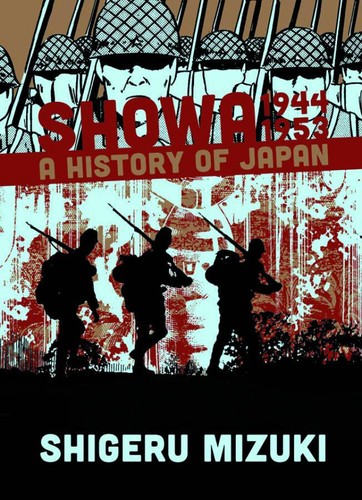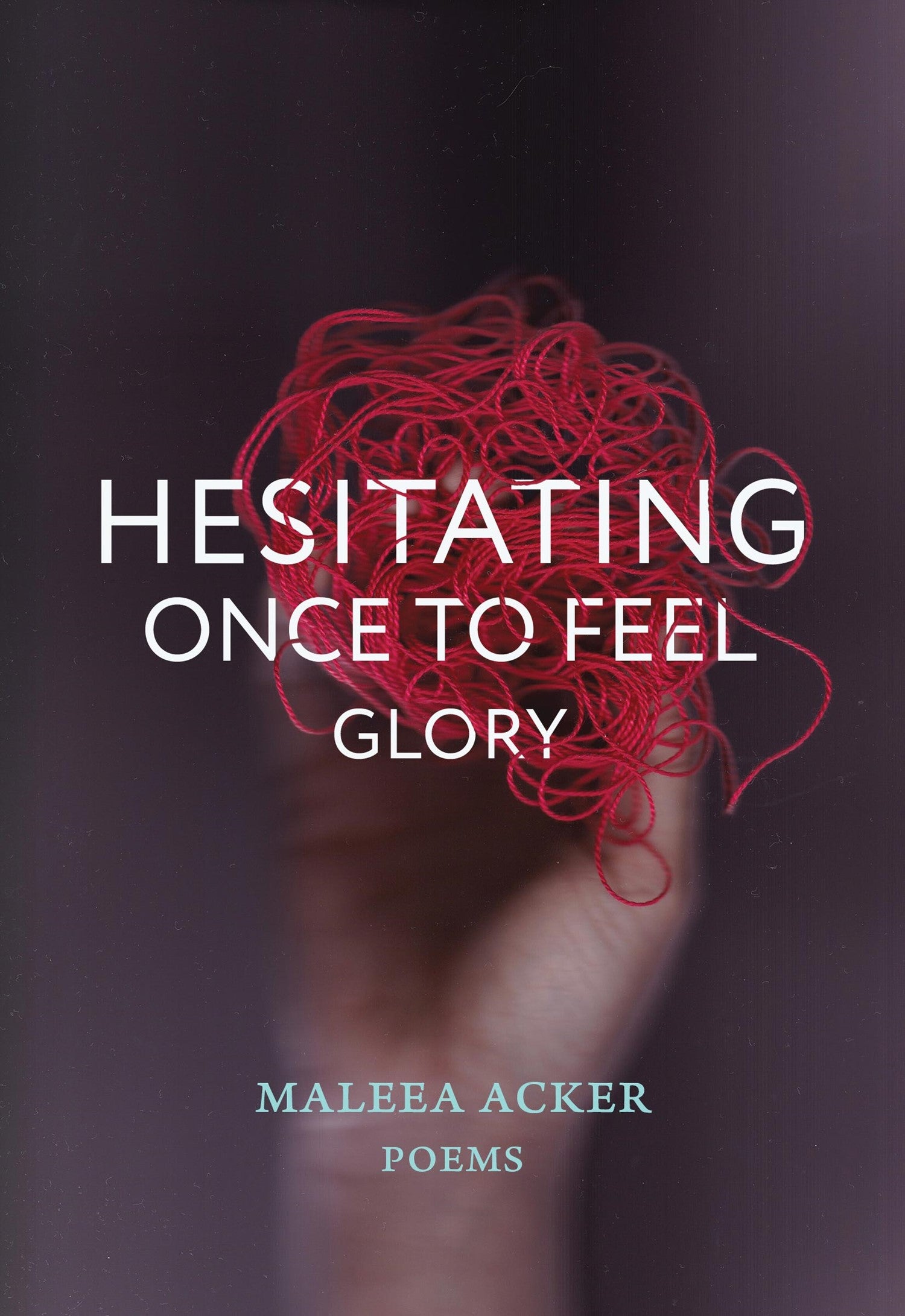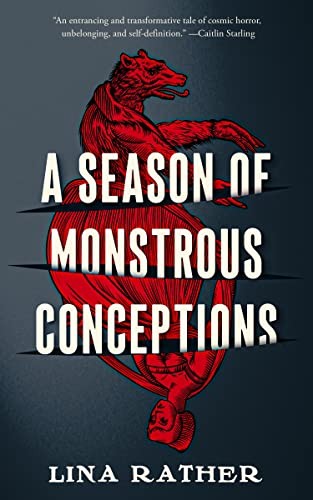el dang commented on Cahokia Jazz by Francis Spufford
The music is a big deal in the book, and Spufford made a Spotify playlist to go with it. I don't want to use or direct people to Spotify, so I made a qobuz equivalent - mostly the same versions but I couldn't always find them, and added a couple of things in: open.qobuz.com/playlist/42331567
Edited: I learned that without an account one can only hear snippets of each song. There are free accounts available at least, but I hadn't meant to be as much of a qobuz shill as this is turning me into.
The music is a big deal in the book, and Spufford made a Spotify playlist to go with it. I don't want to use or direct people to Spotify, so I made a qobuz equivalent - mostly the same versions but I couldn't always find them, and added a couple of things in: open.qobuz.com/playlist/42331567
Edited: I learned that without an account one can only hear snippets of each song. There are free accounts available at least, but I hadn't meant to be as much of a qobuz shill as this is turning me into.


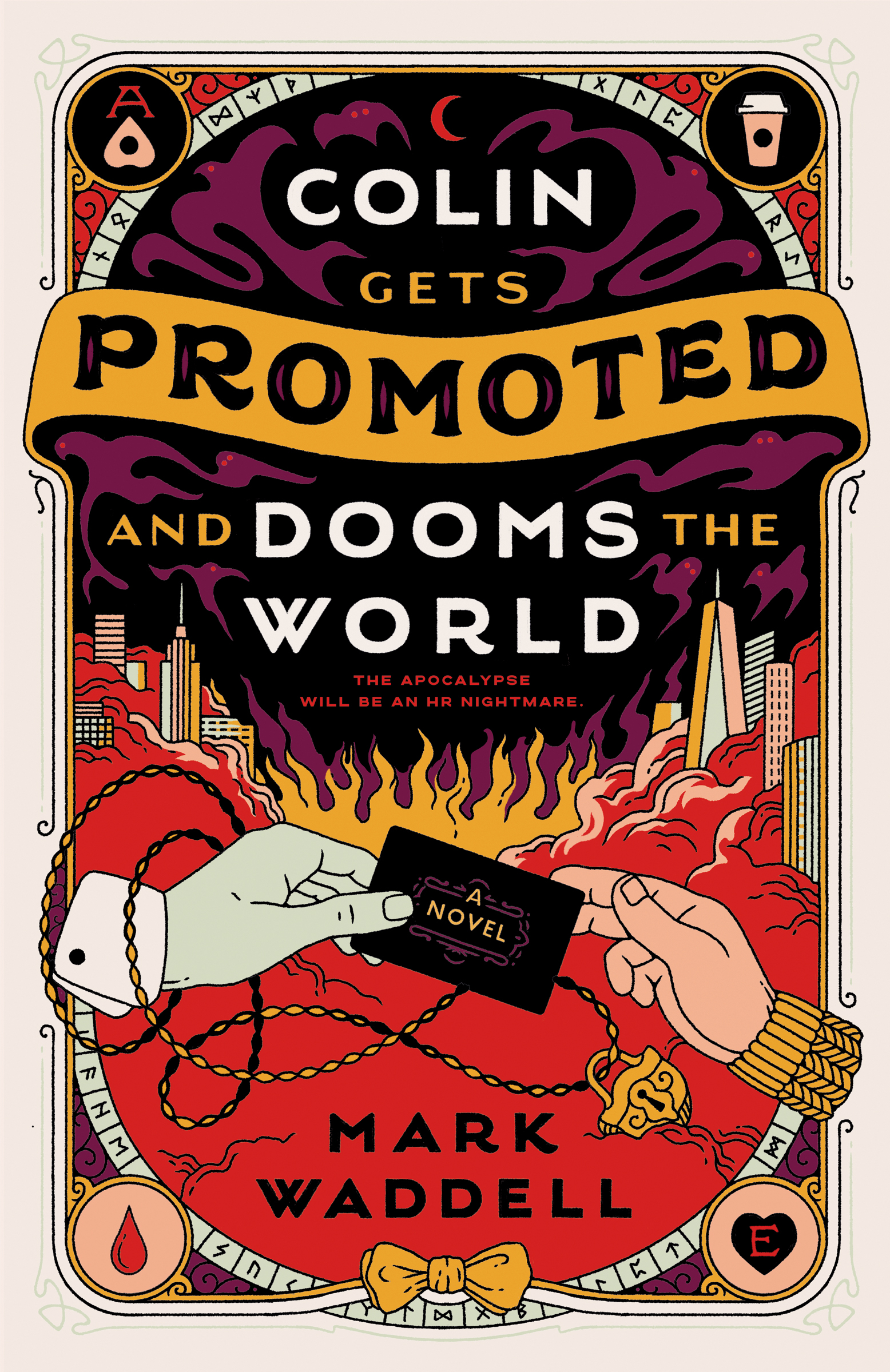
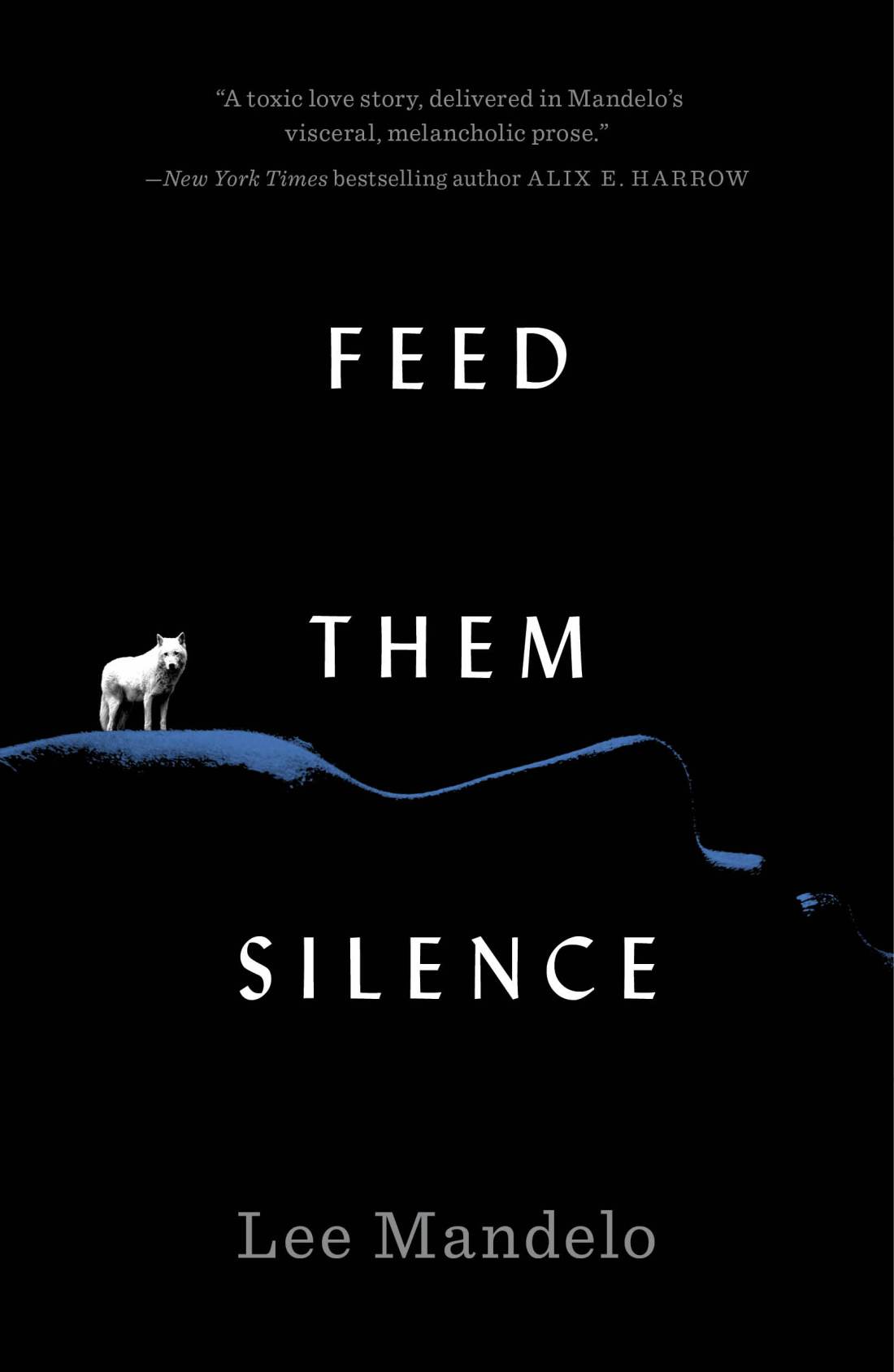
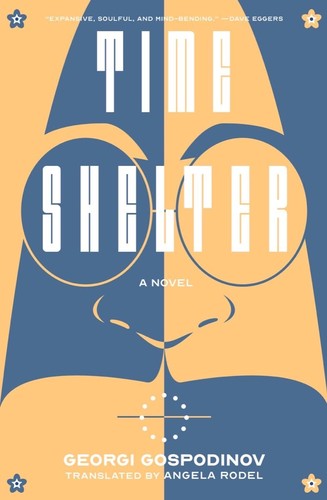
![Thomas Mann: The Magic Mountain [Der Zauberberg] INTERNATIONAL COLLECTORS LIBRARY SERIES (1953, International Collectors Library)](https://st2.ap-south-1.linodeobjects.com/images/covers/04565517-80cc-4c4c-a2bb-e3ce61799665.jpeg)
